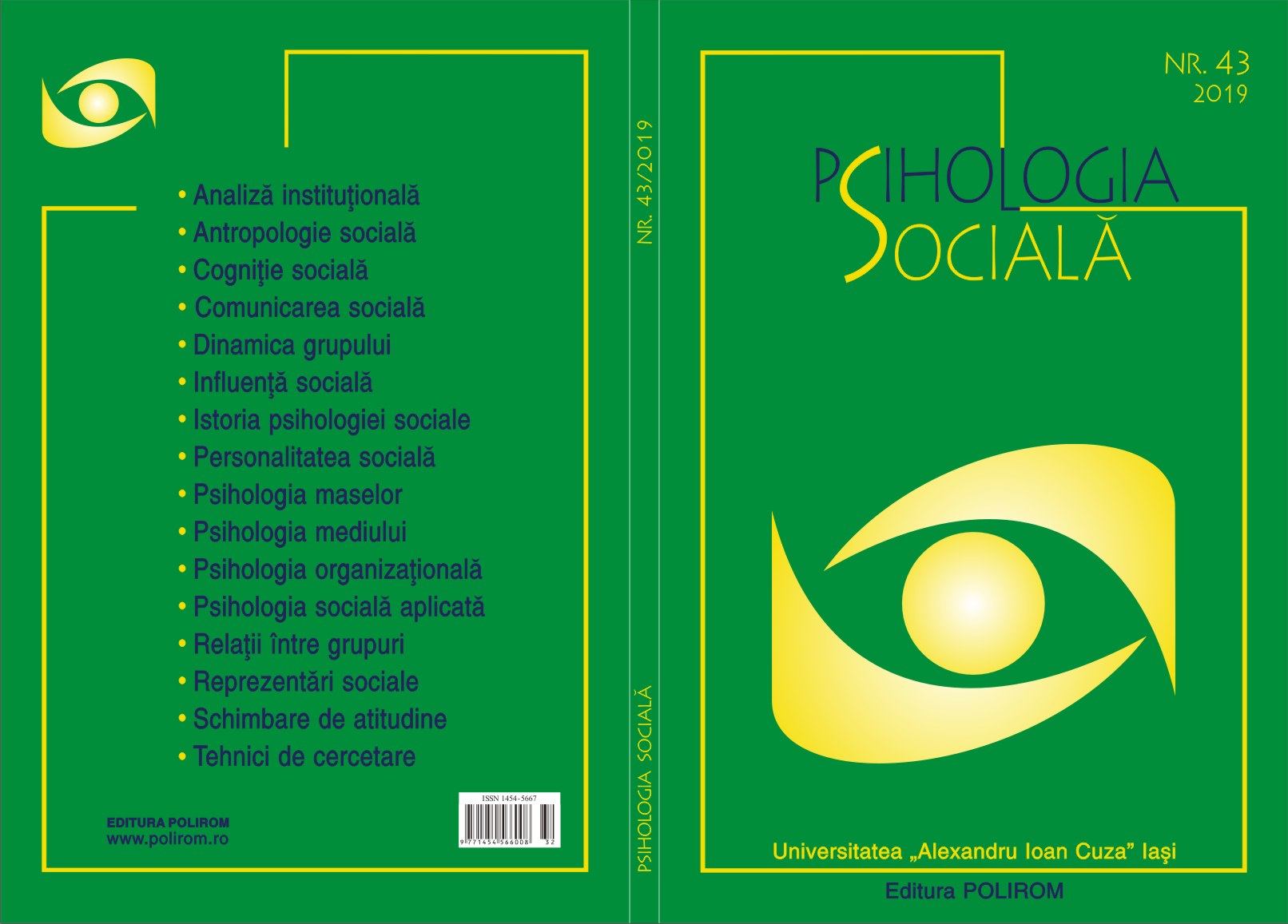Would a bionic target really make a difference in sacrificial moral dilemmas? An exploratory study among Romanian youth
Would a bionic target really make a difference in sacrificial moral dilemmas? An exploratory study among Romanian youth
Author(s): Alexandra Maftei, Diana-Alina Oancea-MateiSubject(s): Social Sciences, Psychology, Social psychology and group interaction
Published by: EDITURA POLIROM S.A.
Keywords: moral judgments; children; disability; bionic prosthetics; artificial intelligence;
Summary/Abstract: The current research explored children’s and adolescents’ moral judgments in sacrificial dilemmas involving characters with a physical disability, a bionic prosthesis or no disability. We also explored the role of gender and previous information about bionic prostheses in sacrificial choices. Three main assumptions were tested: a) the disabled targets would be the most sacrificed, b) information about bionic prostheses would generate significant differences within the sacrificial choices, and c) girls would choose less utilitarian, comparing to boys, no matter the target’s characteristics. Our results suggested a significant main effect of the sacrificial target’s characteristics, and also of previous information about bionic prostheses, but no significant gender effect. Namely, in the control condition children were more willing to sacrifice the bionic targets, comparing to both non‑disabled and the disabled target. Results are discussed in relation to the factors involved in decision‑making processes in sacrificial moral dilemmas.
Journal: Psihologia socială
- Issue Year: 1/2019
- Issue No: 43
- Page Range: 63-78
- Page Count: 16
- Language: English
- Content File-PDF

